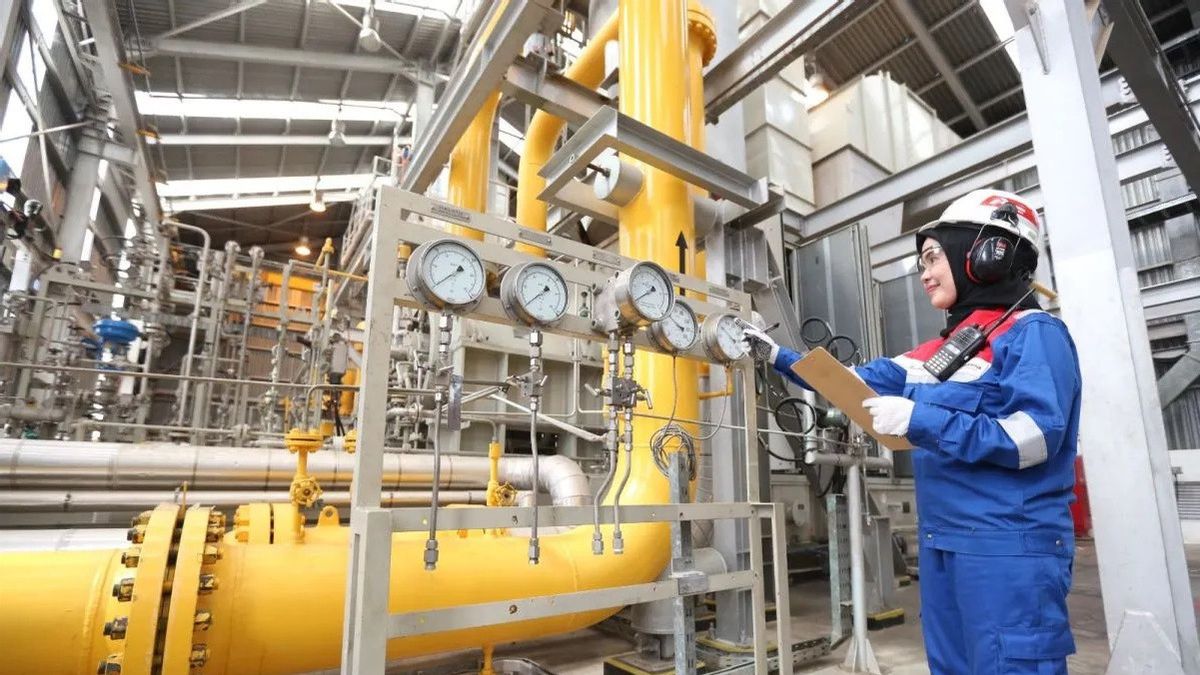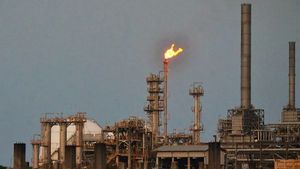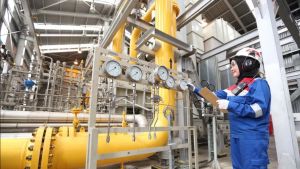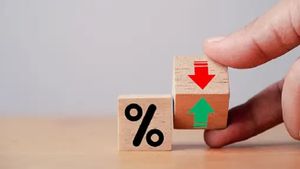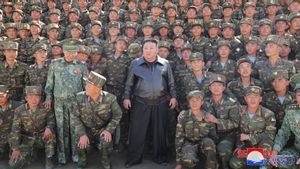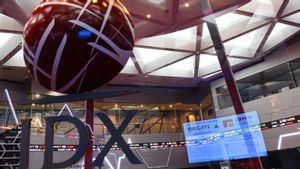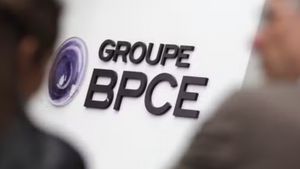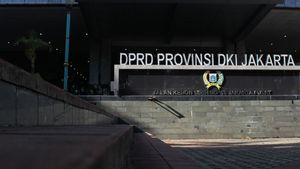JAKARTA - The government is asked to maintain a low-cost gas policy through the Certain Natural Gas Price (HGBT) program. This is to support industrial competitiveness, tax revenue, and maintain export foreign exchange for the country.
Chairman of the Association of Indonesian Oleochemical Producers (Apolin) Norman Wibowo stated that the current US$6 per MMBTU low gas price policy has a positive impact on export growth and domestic autochemical production capacity.
"The sustainability of cheap gas price policies for the industry will provide added value to the country, especially its contribution to the national economy from the aspect of volume performance and export value in the autochemical sector," he said, quoting Antara.
Currently, seven industrial sectors receiving HGBT are the fertilizer, petrochemical, steel, ceramics, glass, oleochemical, and rubber gloves industries.
Since its implementation in 2020, according to him, there has been an increase in the volume of oleochemical exports from 3.87 million tons in 2020 to 4.19 million tons in 2021 and 4.26 million tons in 2022.
Along with the increase in volume, the value of autochemical exports also increases every year, namely... from 2.63 billion US dollars to 4.41 billion US dollars in 2021 and 5.4 billion US dollars in 2022.
Norman hopes that the new government will consistently implement a low-cost gas policy for the next 5 to 10 years so that there will still be an increase in revenue from other aspects such as export foreign exchange, corporate income tax, and investment realization that opens up the absorption of new employment opportunities.
In terms of tax realization, he continued, the contribution of the autochemical sector showed an increase in the last 3 years, which in 2020 amounted to Rp1.25 trillion to Rp2.2 trillion in 2021 and Rp2.9 trillion in 2022.
Likewise, investment realization increased from IDR 1.34 trillion in 2020 to IDR 1.76 trillion in 2021 and IDR 2.3 trillion in 2022.
Cheap gas policies, he added, also have six dual impacts on the regions, including regional GDP for industrial operations, regional taxes/retributions, infrastructure development, poverty reduction rates, human development index, and the construction of social facilities (houses of worship and health centers).
SEE ALSO:
"If the cheap gas price is stopped, the autochemical industry in Indonesia can be uncompetitive in the global market," Norman said in his statement.
In line with that, Member of Commission IV DPR RI, Daniel Johan assessed that the HGBT policy at a price of 6 US dollars per mmbtu. This has a positive impact so that it should be continued by the upcoming government.
"Agree to continue. This policy is good so that there is partiality to farmers and the food sector, only the supervision must be firm," he said.
Previously, the Director General of Metal, Machinery, Transportation Equipment, and Electronics Industries of the Ministry of Industry (Dirjen ILMATE Kemenperin) Taufiek Bawazier explained that the HGBT value issued was included for electricity from 2021 to 2023 amounting to Rp51.04 trillion.
Meanwhile, the added value for the national economy is IDR 157.20 trillion, or an increase of almost three times.
"This means that the benefits and multiplier effects are very large for exports, tax revenues, reduction of fertilizer subsidies, and investments," he said at a technical meeting with the Minister of Finance of the Republic of Indonesia, Sri Mulyani and the Minister of Energy and Mineral Resources of the Republic of Indonesia, Arifin Tasrif on Friday (22/3). of the seven industrial sectors that received HGBT succeeded in increasing the added value of exports in 2021-2023 by Rp84.98 trillion, with the largest value of the autochemical sector of Rp48.49 trillion.
In addition, the increase in taxes was obtained at IDR 27.81 trillion. The multiplier effect of HGBT administration also encourages new investments of IDR 31.06 trillion, as well as a decrease in fertilizer subsidies of IDR 13.33 trillion due to the decline in production's Cost of Sales (HPP).
Therefore, according to him, if the HGBT is abolished or not extended, there will be an "opportunity lost" or potential loss to the industry which will lead to a threefold decline in the economy.
The English, Chinese, Japanese, Arabic, and French versions are automatically generated by the AI. So there may still be inaccuracies in translating, please always see Indonesian as our main language. (system supported by DigitalSiber.id)
